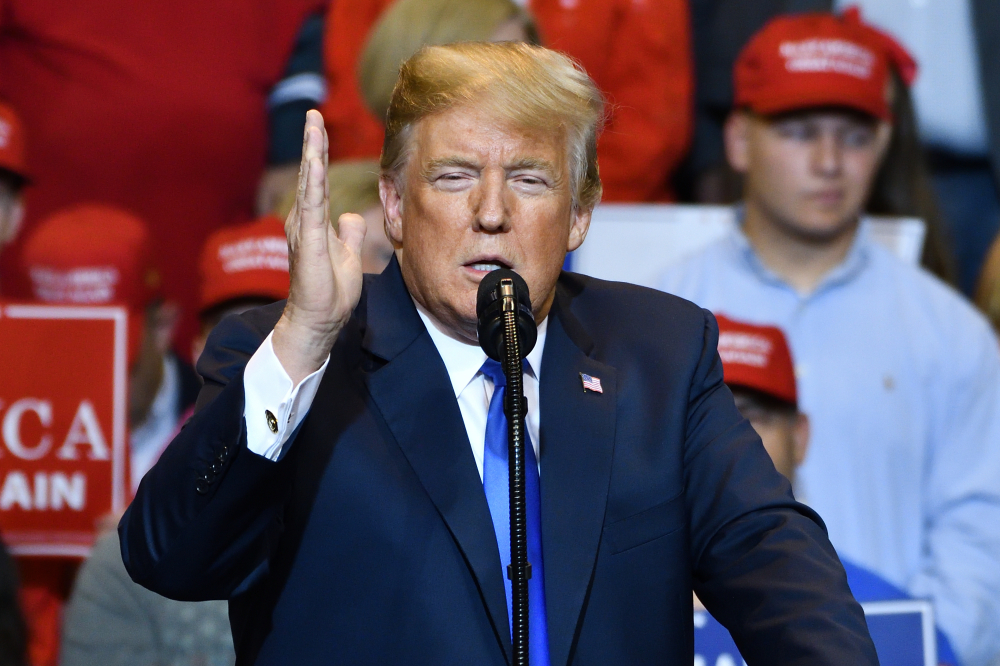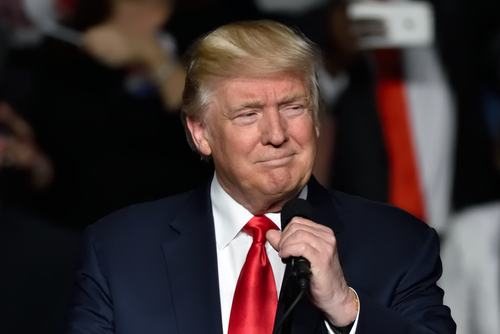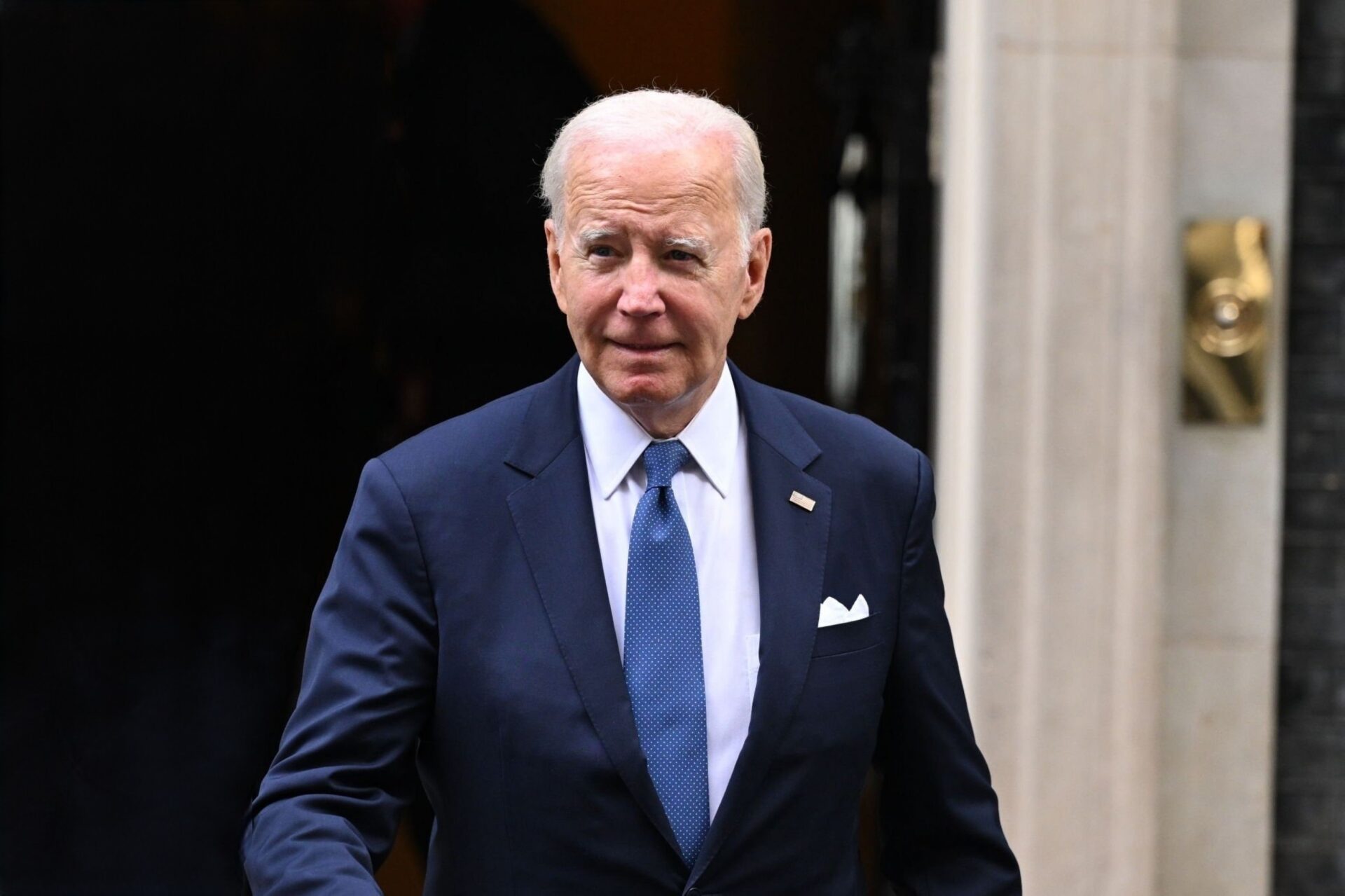President Trump’s stance on Iran reveals a strategic balance between diplomacy and firm prevention of nuclear advancement without military entanglement.
At a Glance
- U.S. aims to prevent Iran from acquiring nuclear weapons without engaging in war.
- Trump favors diplomatic solutions but keeps the option for military intervention open.
- Ongoing discussions with Iran and support for a negotiated deal.
- National security measures are prioritized to prevent nuclear threats.
Strategic Diplomacy with Iran
President Donald Trump, in his recent statements, emphasized a dual-focus strategy for handling Iranian nuclear ambitions. He firmly declared that while the United States won’t be led into a war with Iran, ensuring that Iran doesn’t acquire nuclear weapons is non-negotiable. Maintaining a dedication to diplomacy, Trump advocates for preventive strategies over military escalation, engaging indirectly in talks and focusing on negotiations to keep nuclear threats at bay.
An official from the U.S. administration clarified that the President’s commitment is to pursue any diplomatic resolution, prioritizing tight international security protocols. The message is clear: diplomacy first, but all options remain open, including military strategies if diplomatic measures fall through. These sentiments echo as U.S. national security adviser Mike Waltz stated, “We cannot have a world with the ayatollahs with their finger on the nuclear button.”
Balancing International Relations
While Trump prefers a diplomatic path, he also made it explicit that he hasn’t obstructed Israel’s potential military actions against Iran. Israeli Prime Minister Benjamin Netanyahu has remained persistent about preventing Iran from advancing in nuclear capability. “I am committed to preventing Iran from attaining nuclear weapons … I won’t give on this, I won’t let up on this, and I won’t withdraw from this — not a millimeter.” This stance by Netanyahu has garnered both support and questions regarding the effectiveness and possible consequences of military action.
“I am committed to preventing Iran from attaining nuclear weapons … I won’t give on this, I won’t let up on this, and I won’t withdraw from this — not a millimeter.” – Israeli Prime Minister Benjamin Netanyahu.
As indirect negotiations with Iran continue, with further discussions planned in Oman, the goals focus on reaching a peaceful resolution without the need for direct military intervention. Any actions, however, remain dependent on Iran’s response to these diplomatic overtures and the global community’s collective efforts to ensure a nuclear-free Iran.
Challenges Ahead
Despite these efforts, Iran’s uranium enrichment close to weapons-grade levels presents a looming challenge. Trump’s administration, while hopeful for a treaty, remains vigilant, recognizing that broader implications exist beyond immediate policies. The former president asserts, “I hope we can. It’s possible we’ll have to attack because Iran will not have a nuclear weapon.” These words represent a tactical stance, underscoring readiness to act if required, while making clear that peace through strength remains the desired path forward.
“I hope we can. It’s possible we’ll have to attack because Iran will not have a nuclear weapon. But I didn’t make it comfortable for them, but I didn’t say no. Ultimately I was going to leave that choice to them, but I said I would much prefer a deal than bombs being dropped.” – President Donald Trump.
Ultimately, the ongoing process of negotiation and strategic diplomacy highlights a nuanced approach toward one of the most significant foreign policy challenges, aiming to steer clear of further Middle East conflicts while gaining international assurances against nuclear proliferation.






